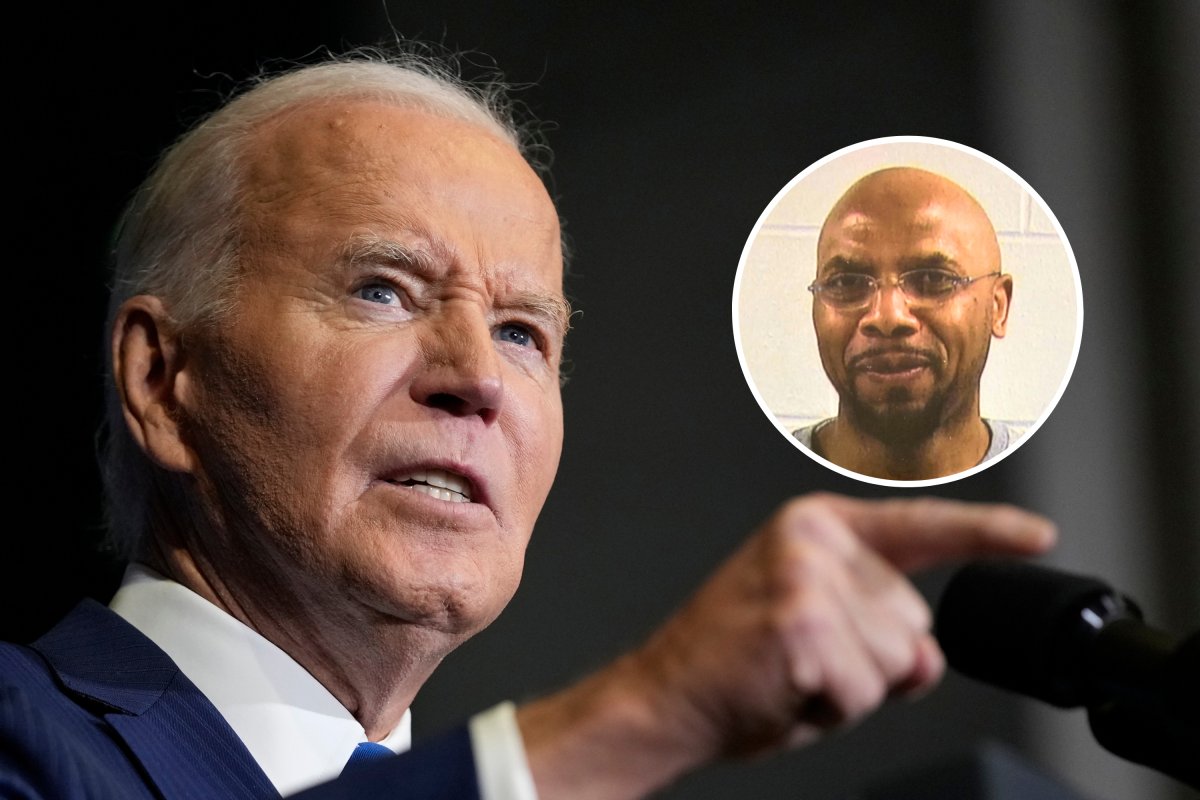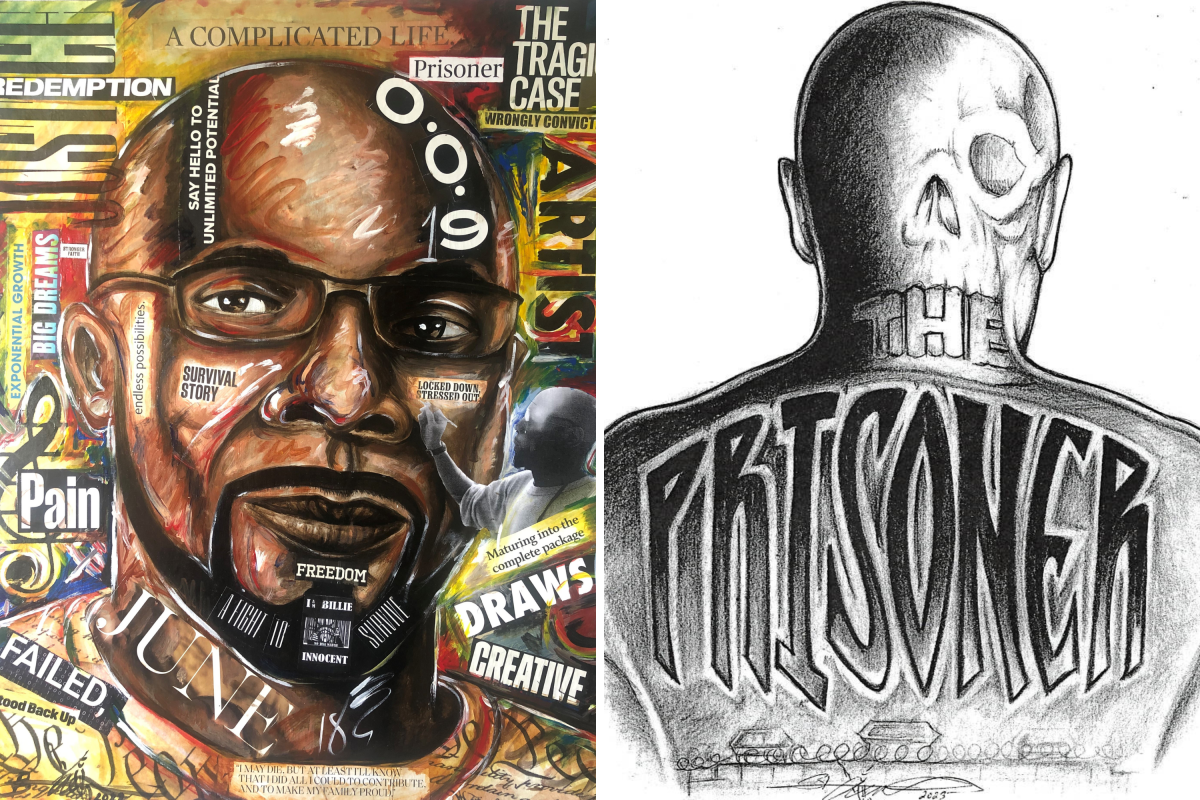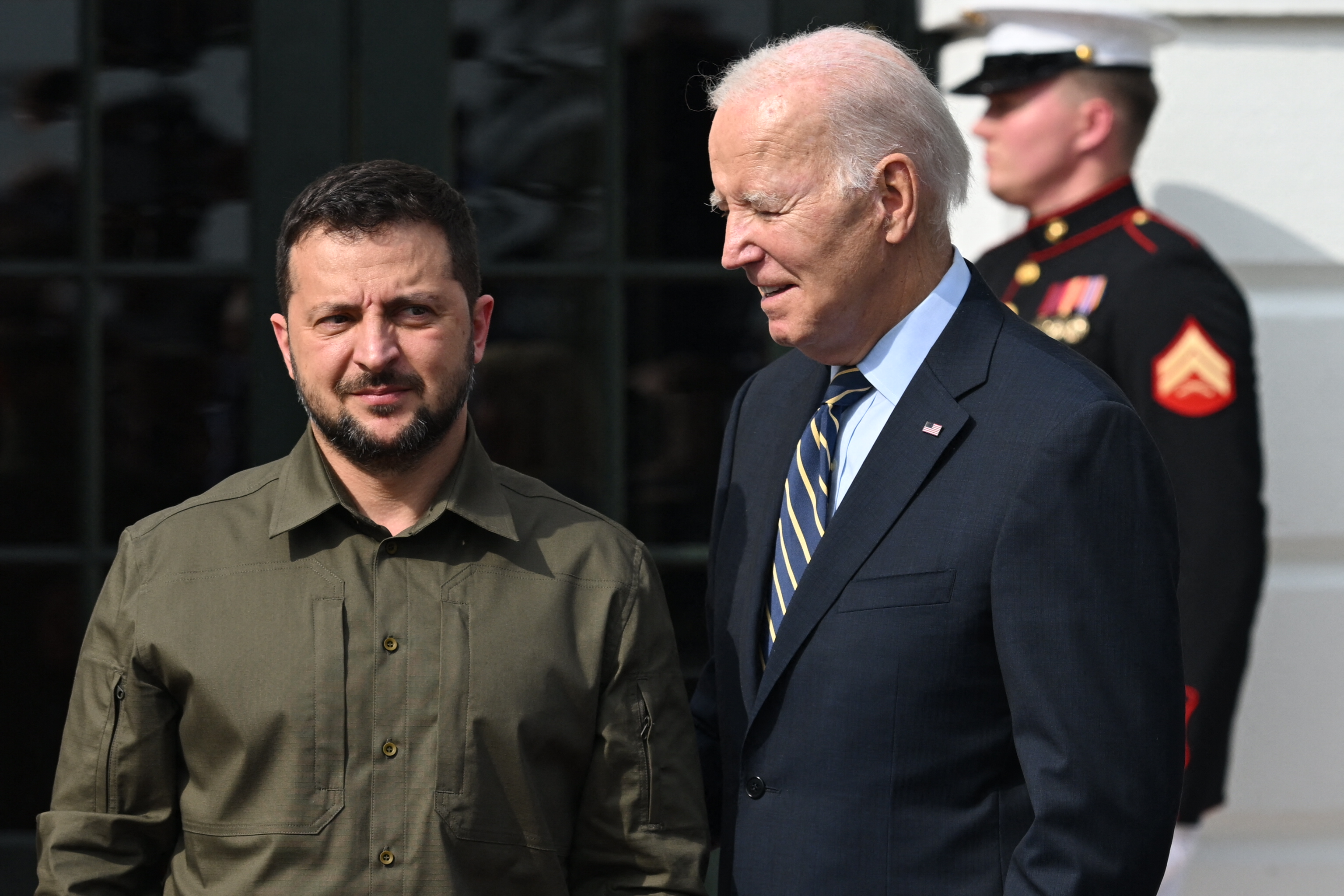I was lying in bed with my eyes closed at 5:30 am on December 23, when the guy in the cell next to me called out: "Biden commuted our sentences!"
I bolted straight up. There had been rumors swirling around federal death row the last week about commutations, but none of them had panned out yet.
My neighbor must have sensed my skepticism. "Go to CNN!" he said, with an urgency in his voice.
As I waited for CNN to confirm the news, talk around me grew animated with excitement and anticipation.
The ticker finally cycled back to the headline we were looking for: 37 out of the 40 of us on federal death row now had our death sentences commuted to life in prison without the possibility of parole.
Absorbing the news, I experienced a strange combination of both deep relief, and my heart sinking with bitter disappointment.

Biden's decision means that I escaped a likely imminent death from an incoming Trump administration, who executed 13 people on federal death row during his last term, many of them in his final weeks in office.
My closest friends were among those executed, including Dustin Higgs, who was executed just days before Trump left office despite his innocence case.
For many of the men I have been incarcerated with for decades, Biden's decision means more time to live, more time for visitations with family and friends, more time to grow and become a better person.
Yet, for me, life without parole remains an egregious injustice. In 1998, I was sentenced to death for a bank robbery and murder in which I played no role. I have spent decades fighting to prove my innocence.
For the last four years, I placed all my hope in Biden, believing that he would look at my case individually, and consider the petition for a pardon that I submitted.
I have not been seeking mercy, or claiming reform and redemption. My petition is based on strong exculpatory evidence.
I was counting on Biden's team to review the DNA evidence that was collected at the crime scene, excluding both me and the murder victim as the source of the blood found on a bulletproof vest.
I expected his team to read the details of how the getaway van that was used in the crime was found soaked in gasoline, yet, my clothes were tested and revealed no trace of gasoline.
I thought they would read the affidavit from a mall security guard who saw me shopping at the precise time that the bank robbery occurred.

I counted on Biden to realize that the relief I deserve is not a collective commutation, but a pardon and my freedom.
I was on the phone with my attorneys later that day when the prison counselor came to my cell carrying a Department of Justice gold seal and an affidavit for me to sign, to acknowledge that I received a copy of President Biden's warrant officially commuting my death sentence.
"I don't want to sign this," I told my attorneys.
I didn't want to legitimize my new sentence of life without parole for a crime I didn't commit. My attorneys told me that regardless of whether or not I signed, Biden's decision was final.
Reluctantly, I signed the affidavit.
Shortly after, the prison staff put us all on lockdown for almost one week.
It's been three weeks since Biden commuted most of federal death row, and I can't shake the feeling of being defeated by injustice yet again.
I'm trying to suppress my anger and disappointment at the realization that I still have a huge mountain to climb in order to prove my innocence and win my freedom–a mountain that will grow immeasurably higher once Trump is sworn in.
I'm exhausted from this struggle, and my health has declined in recent years. At moments, I'm tempted to give up altogether.
But I know there are still a few days left for President Biden to do the right thing, look at my case individually, and offer me true justice–and I continue to put my faith in him that he will do so.
Otherwise, Biden's commutation of my death sentence to life without parole is nothing more than a new form of the same injustice that I've been fighting for decades.
Billie Allen is an artist and a writer, formerly on federal death row. He was convicted for the 1997 murder of security guard Richard Heflin during an armed robbery at a bank in St. Louis, Missouri, but maintains his innocence.
All views expressed are the author's own.
Do you have a unique experience or personal story to share? See our Reader Submissions Guide and then email the My Turn team at myturn@newsweek.com.




















 English (US) ·
English (US) ·